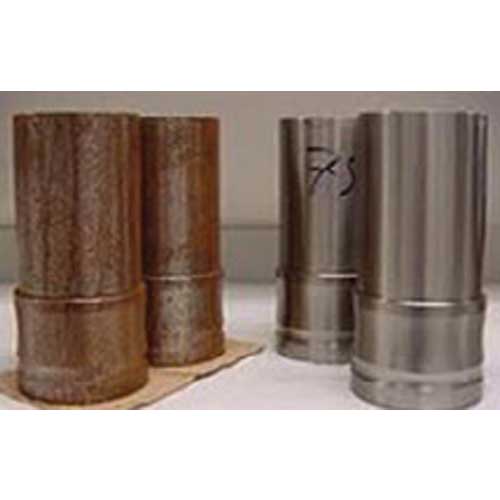Schedule a Call Back
Corrosion Inhibitors
Corrosion Inhibitors
Avudai Surface Treatments Pvt Ltd offers a wide range of corrosion inhibitors.
Product & Technology News
- They offer different type of corrosion inhibitor like: Anodic inhibitors react with oxygen to form a thin film on the surface of the metal. They reduce the corrosion potential of the material by oxidizing a surface layer that is less reactive to corrosive elements.
- Cathodic inhibitors slow the cathodic reaction itself or limit the diffusion of reductive elements such as hydrogen or oxygen to the metal surface. Examples are cathodic inhibitors such as arsenic and selenium ions which slow the reaction or oxygen scavengers such as sulfite ions which limit the diffusion of oxygen.
- Mixed inhibitors are compounds that form a film or precipitate to reduce both the cathodic and anodic reactions. Sodium silicate and phosphates used in domestic water softener salts to prevent rust water are examples.
- Volatile corrosion inhibitors are compounds delivered to the site of corrosion in a closed environment. They form a protective film only a few molecules thick. For example, in boilers, volatile compounds such as morpholine or hydrazine, are transported with steam to prevent corrosion in condenser tubes.

















